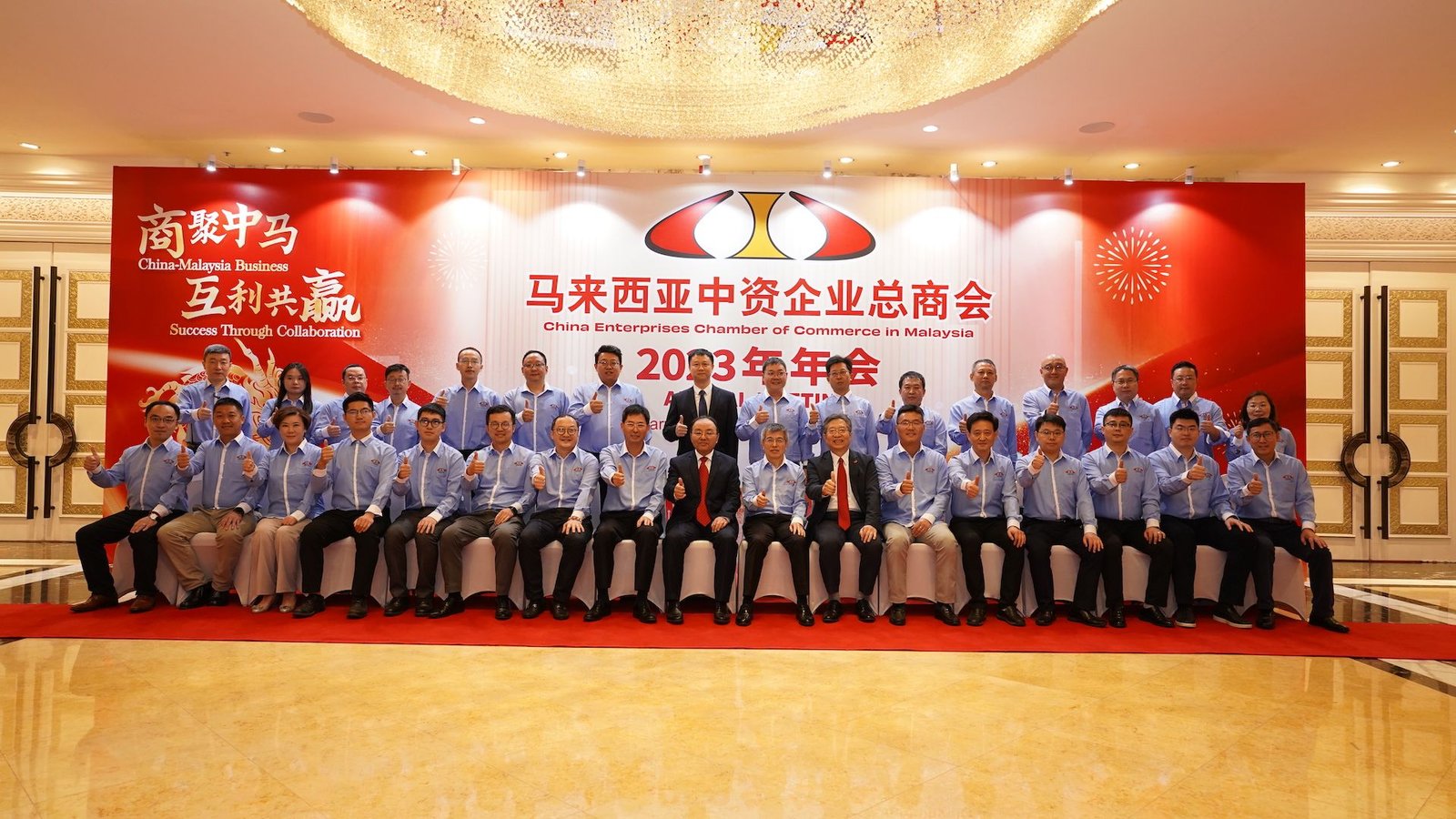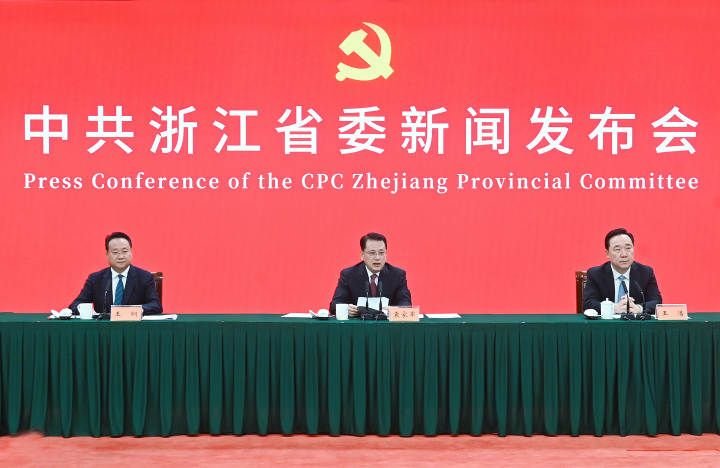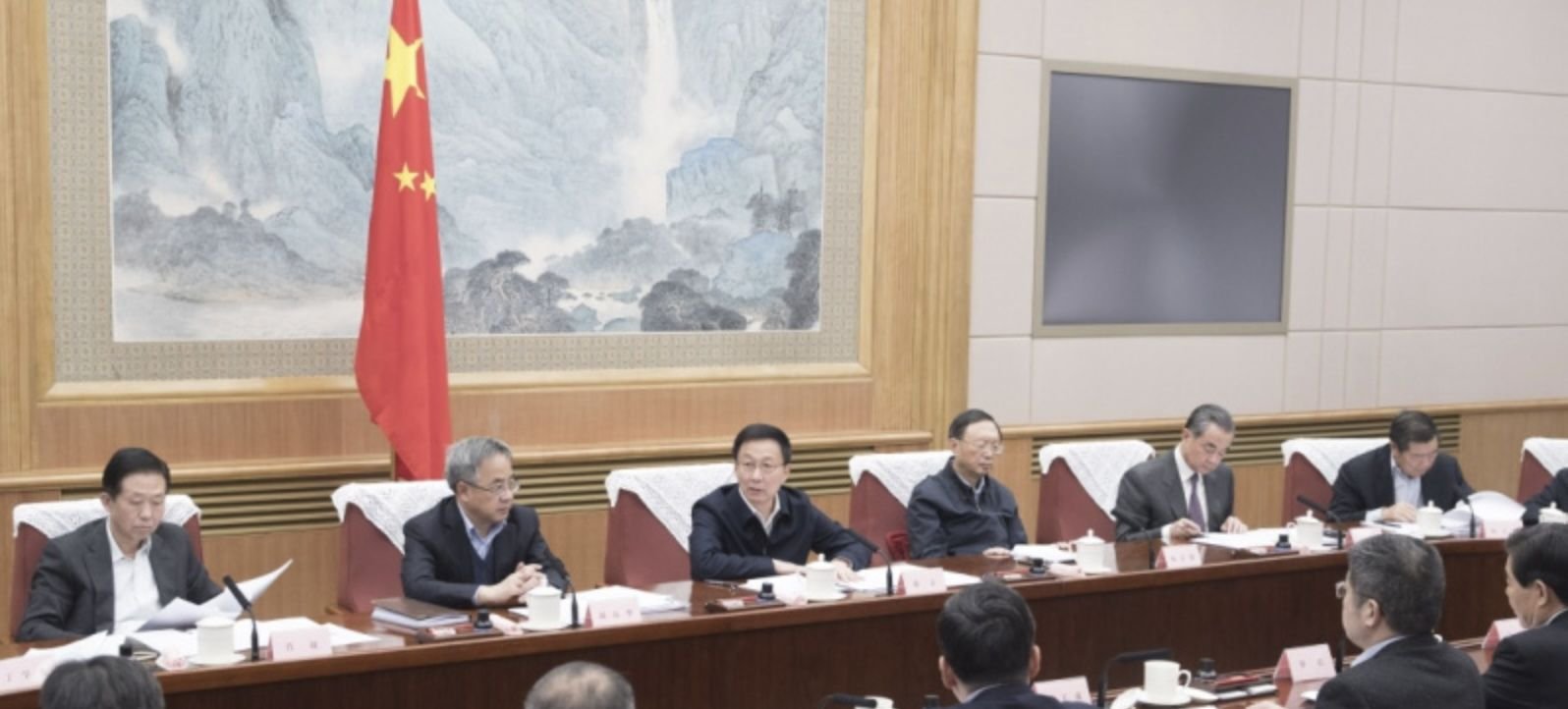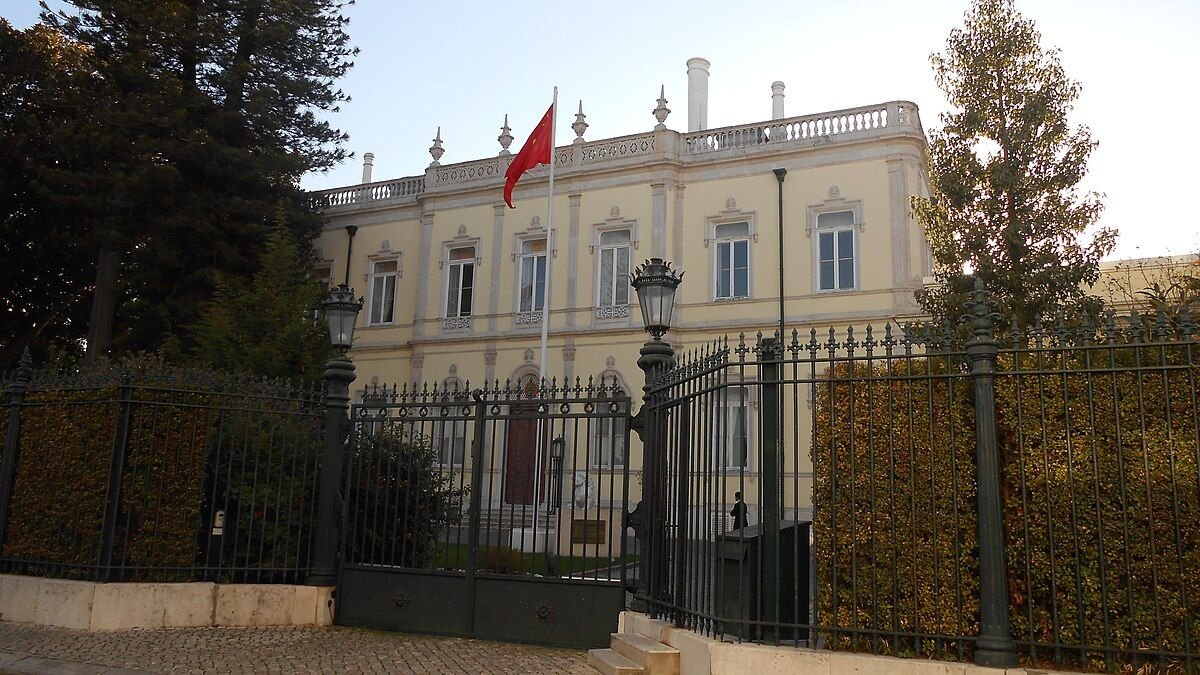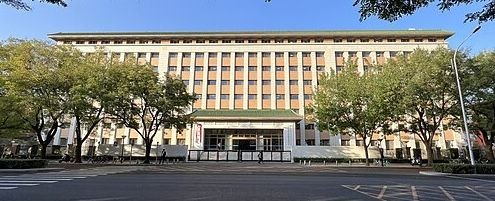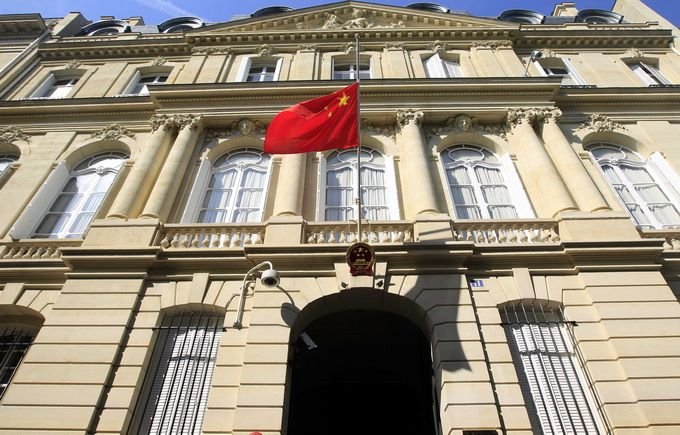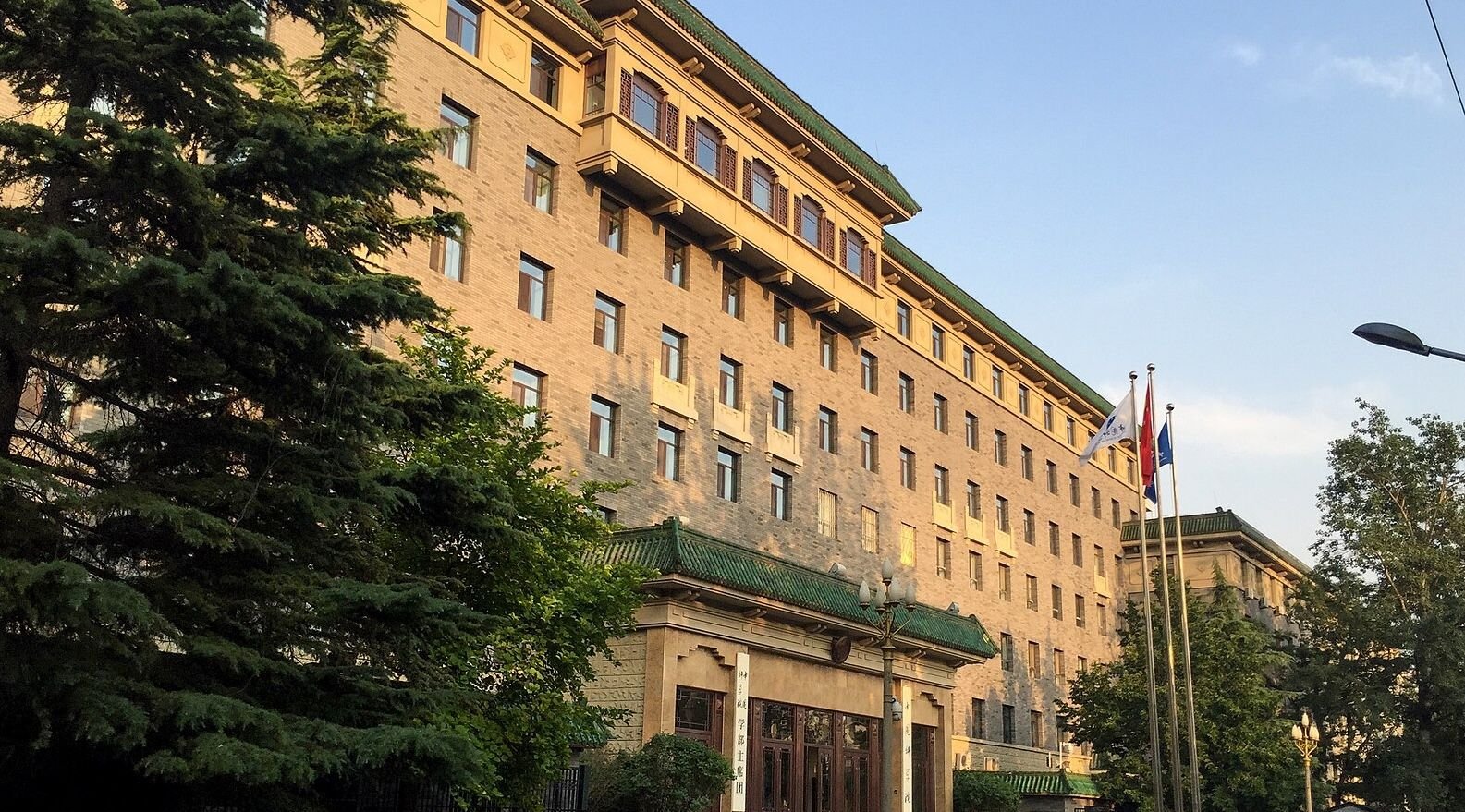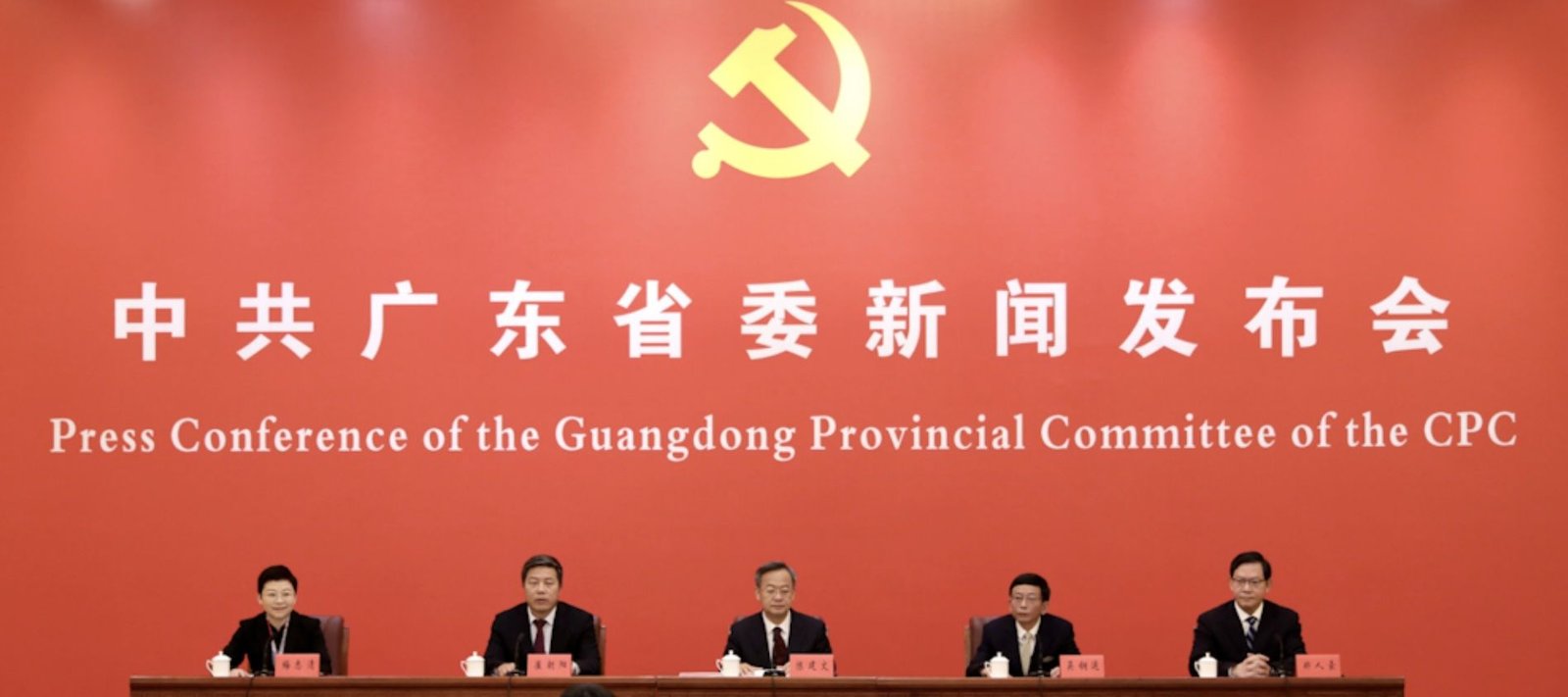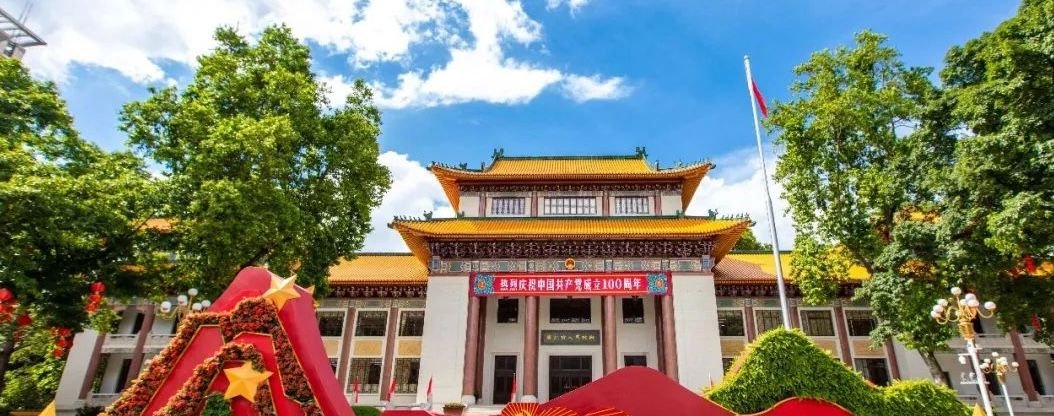China Enterprises Chamber of Commerce in Malaysia
The China Enterprises Chamber of Commerce in Malaysia (CECCM) is a business association established in 2002, representing Chinese-owned or Chinese-invested companies operating in Malaysia. The organization currently has 348 member companies spanning construction, finance, aviation, telecommunications, manufacturing, and other sectors. CECCM provides business consultation services, facilitates networking among members, and liaises with government departments while coordinating legal operations and fair competition. The chamber maintains close coordination with China’s embassy, as evidenced by regular high-level meetings where Chinese Ambassador Ouyang Yujing (歐陽玉靖) attended CECCM’s 2025 Annual General Meeting and other official events. CECCM member companies are involved in major infrastructure projects, including the East Coast Rail Link under the Belt and Road Initiative, undertaken by China Communications Construction Company.

